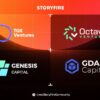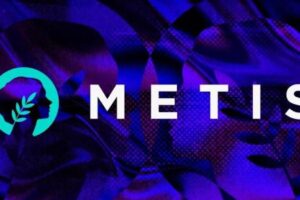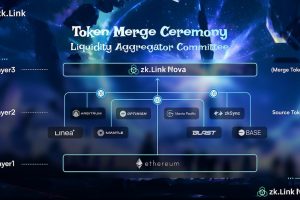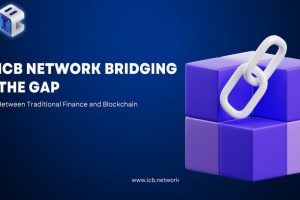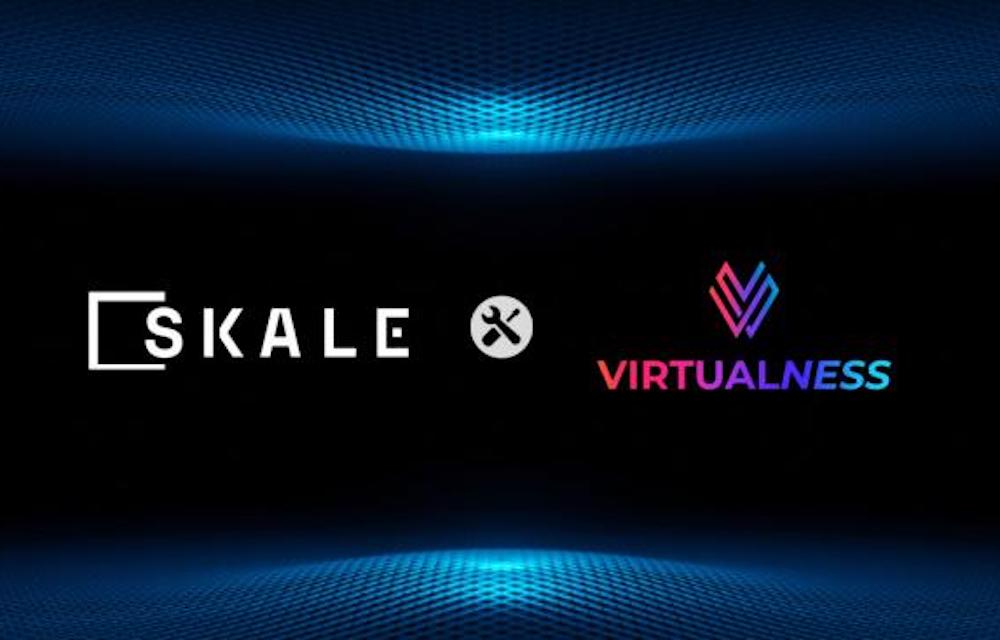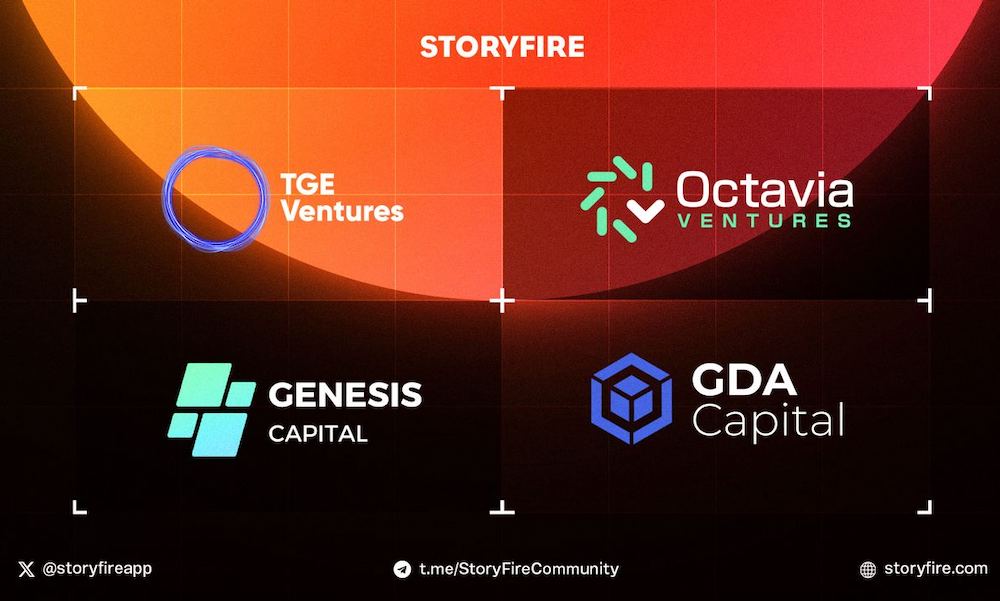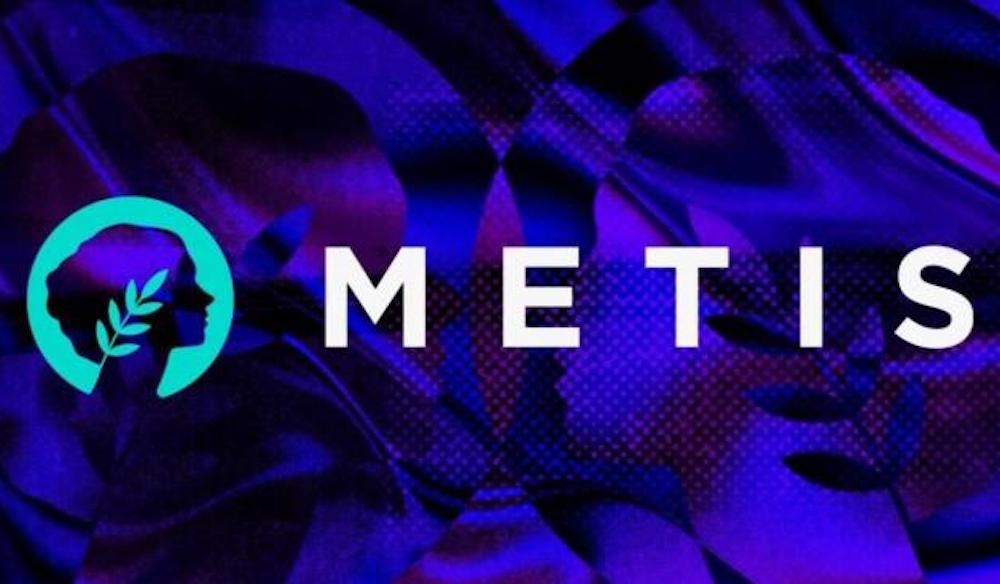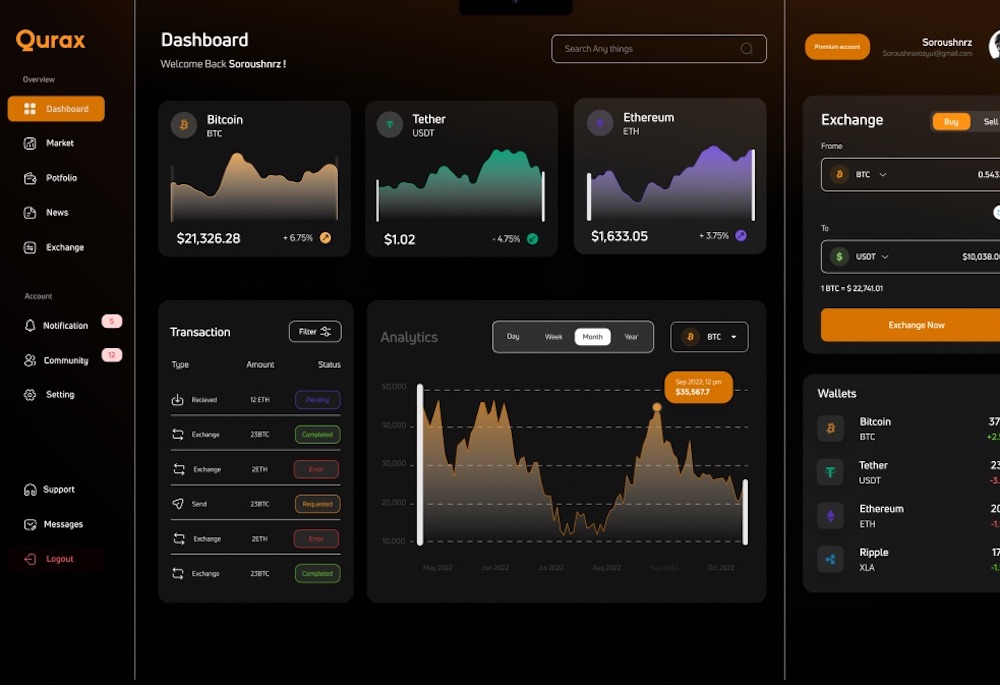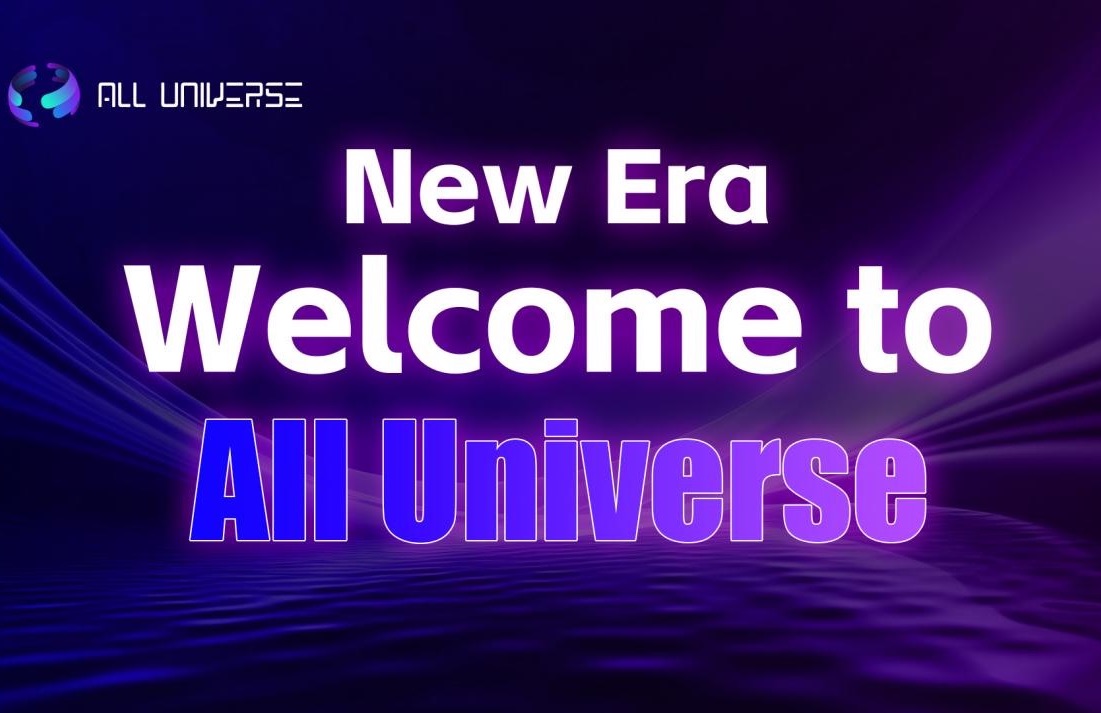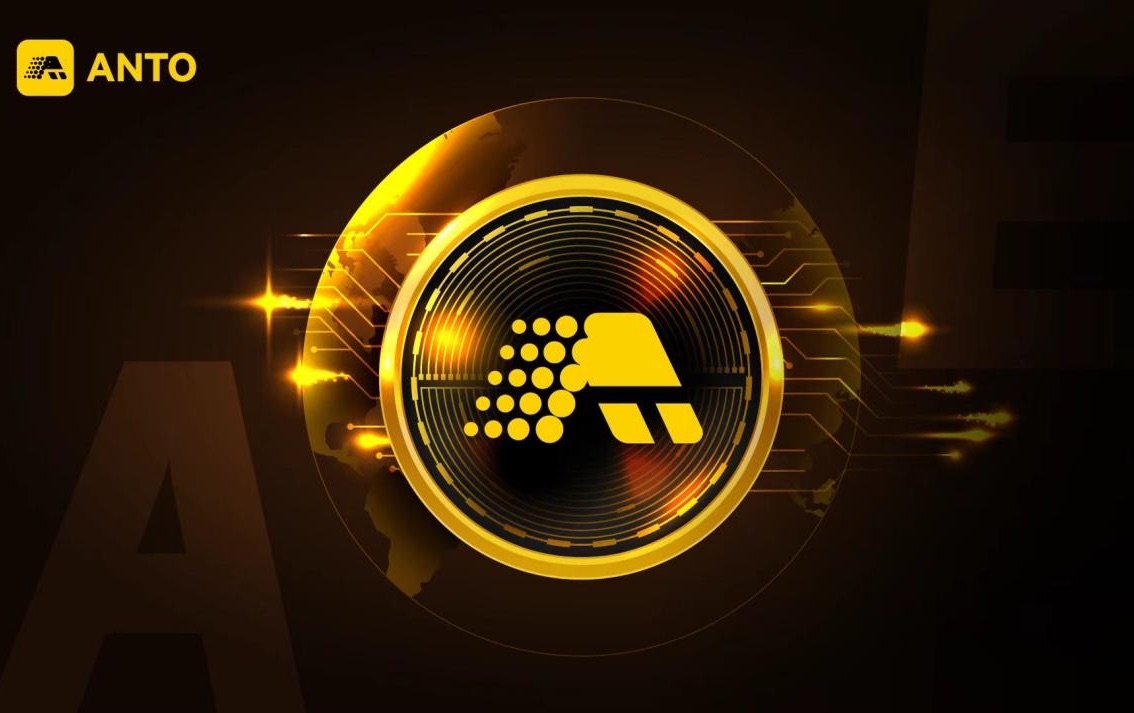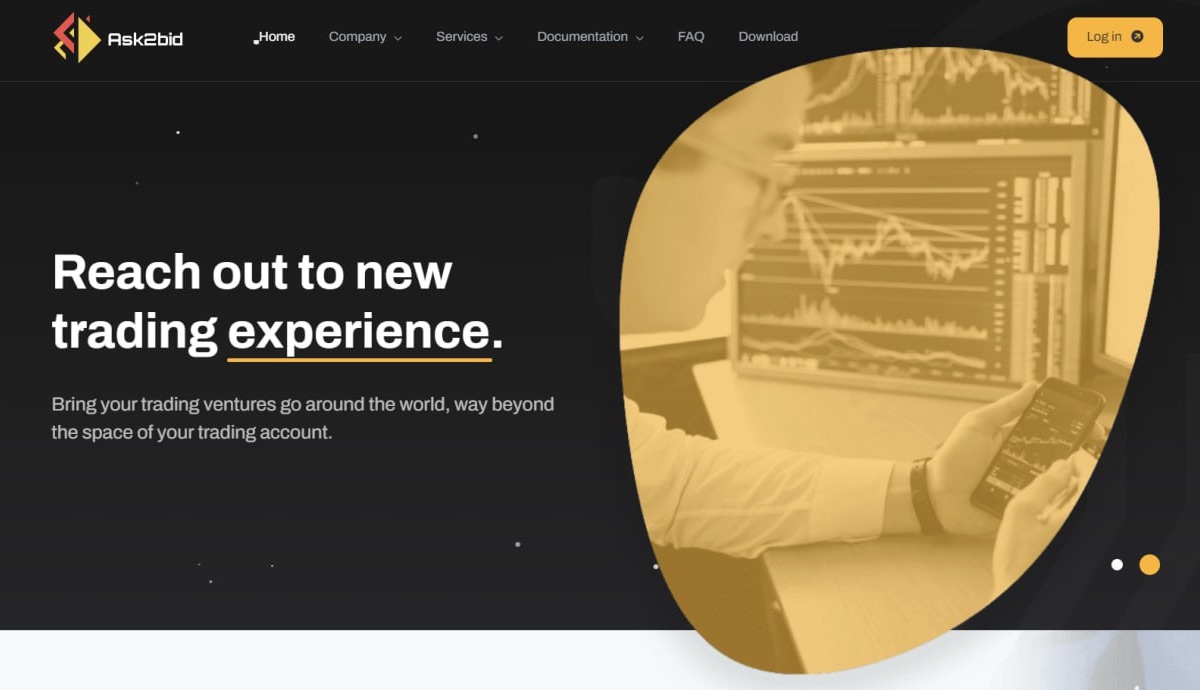The AvaxTech project has recently passed a smart contract audit by the well-respected SolidProof. This milestone adds to AvaxTech’s already impressive track record of providing valuable products for the Avax chain.
The project aims to enhance safety for Avax investors and promote secure investments in the ever-evolving digital landscape. With its team of experts, AvaxTech provides reliable analysis and information for investors.
AvaxTech’s Impact on Avax Ecosystem
The spirit of AvaxTech is to support the Avax community by providing reliable tokens through their products. Monk, the project’s developer, has an extensive background in the cryptocurrency world.
He has worked on over 100 projects related to product development and idea consultancy. Monk’s expertise includes developing bots used by thousands on Telegram, providing Web3 Dapp platforms, and smart contract audits. Many recognize him for his work on meme coins, which he still actively supports.
Monk has now turned his focus to the Avax blockchain and established AvaxTech with the development team. He leads the team in creating and supporting products and platforms for Avax. As a voluntary supporter, Monk offers information support to developers and companies looking to develop on Avax.
Impressively, AvaxTech has detected over 2,000 scam tokens on the Avax blockchain since November 2023. This has raised awareness among thousands of investors and aided in creating a safer ecosystem.
The recent completion of the smart contract audit for AvaxTech by SolidProof further solidifies their reliability. This project lets almost the entire Avax community access trustworthy tokens and trading tools.
How AvaxTech Promotes Secure Investments
The AvaxTech ecosystem features multiple tools to assist investors in making secure investments within the Avax blockchain. One of these tools is the Analyzer Platform, which provides users with an easy-to-read dashboard for all their analysis needs.
This includes analyzing token addresses and wallets for any suspicious activity. It also involves accessing vital information such as market cap, liquidity ratio, risk for honeypot systems, transaction taxes, and more.
All of this information comes from AvaxTech’s impartial third-party engine, giving users a reliable source for project analysis. It is pretty much like having an ID card for a project. This makes it easier for traders to evaluate the potential benefits and risks.
With AvaxTech’s Telegram Analyzer Bot, users can scan for suspicious activity directly through the messaging app. This technology enables quick and easy monitoring of investments on the go.
Furthermore, AvaxTech offers tools such as the New Pair Channel and New Lock Channel on Telegram. The latter can be useful for alerting users to new pair listings and LP lockings in real time.
Lastly, with the Telegram Live Trending feature, users can easily spot trending Avax tokens and gain insights on potential investments. Together, these products make up AvaxTech’s suite of tools promoting secure and informed investments in Web3.
About AvaxTech
AvaxTech is a company founded in November 2023 with the goal of developing products for the Avax chain. With its first product, the Telegram analysis bot @AvalancheAnalyzerBot, AvaxTech gained a wide audience.
The platform has also been pivotal in protecting Avax token investors by detecting 96% of SCAM Tokens.
AvaxTech has become a valuable organization for all Avax communities and investors with its popular web analysis platform, Avaxanalysis.com.
On January 22, AvaxTech launched $ATECH Token, which has utility in its entire ecosystem of products. This project has become a brand within the Avax ecosystem. Nowadays, thousands of investors are using the platform for newly added tokens.
$ATECH Token serves as a payment and utility token in the entire AvaxTech ecosystem, giving it real purpose and utility. Its use is necessary for accessing all products developed by AvaxTech.



